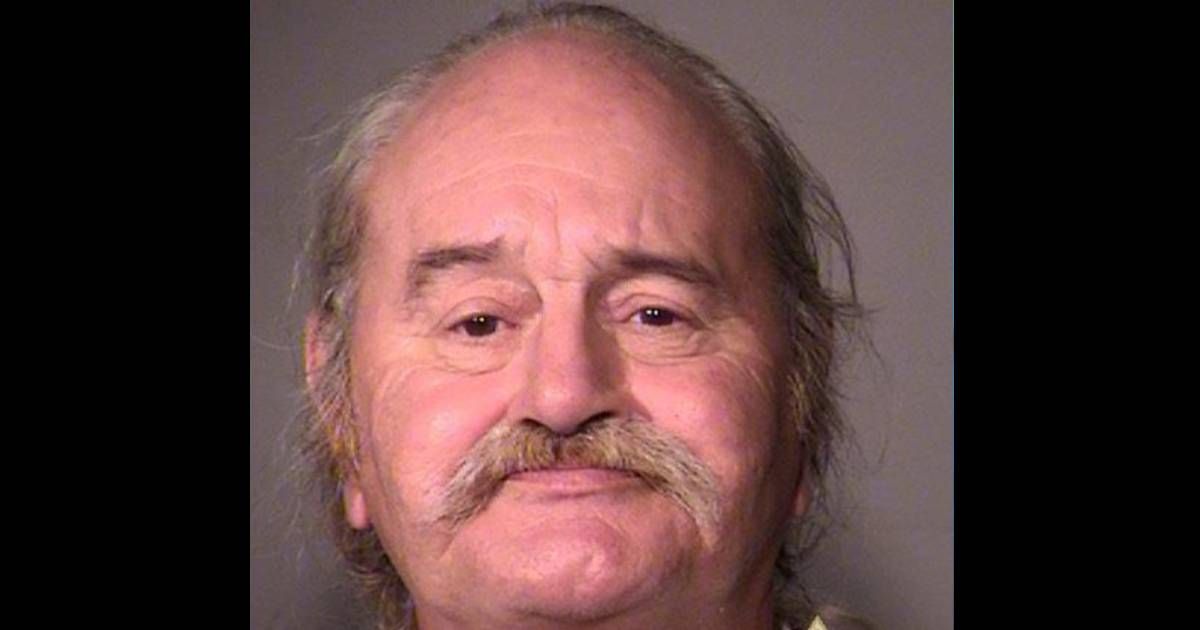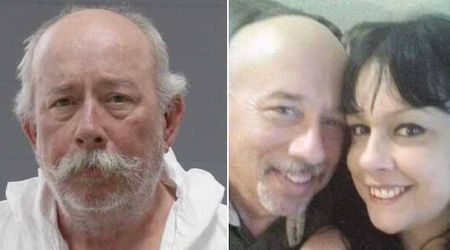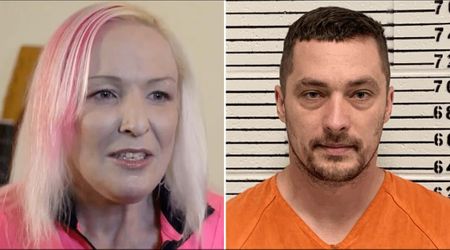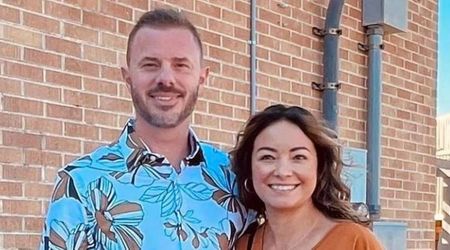Donald McQuade: Oregon man gets 50 years in prison for fatally strangling teen in 1978 and burying her body near highway

ANCHORAGE, ALASKA: An Oregon man was sentenced on Friday, April 26, to 50 years in prison for the murder of a 16-year-old girl from Anchorage and the subsequent burial of her body beside the Seward Highway, 46 years ago.
Donald McQuade, now 67, was sentenced to 50 years in prison by Judge Andrew Peterson of Anchorage Superior Court for the death of Shelley Connolly. In December 2023, McQuade was found guilty of first- and second-degree murder in connection with Connolly's death.
DNA evidence found on Shelley Connolly's body helped in 2019
At the hearing on Friday, the prosecution stated that while the sentence offers some comfort to friends and family, it comes so long after decades of suffering that many people—including Connolly's mother—died before a resolution was reached, according to Anchorage Daily News.
The investigation was halted in 2019 when McQuade was linked to DNA evidence discovered on Connolly's body through a genetic genealogy study.
These days, there are more genetic DNA samples available than ever before, and technological advancements have caused a nationwide breakdown in cold cases. McQuade is the second man to receive a sentence in such a case in Alaska.
On January 7, 1978, two women discovered Connolly's body close to a pullout on the Seward Highway between Girdwood and Anchorage.
During the trial, the State Medical Examiner testified that she discovered internal bleeding, strangulation, and signs of assault.
Following the exhaustion of lead sources, the case remained unsolved until 2019, when Alaska State Troopers reported that DNA evidence connected McQuade and his two brothers to the case.
At the time of Connolly's death, McQuade was the sole resident in Alaska. Troopers later announced that they had secured a direct match between the DNA from Connolly's body and McQuade's.
Assistant Attorney General Erin McCarthy stated in a sentencing memorandum that McQuade had no prior knowledge of Connolly. She characterized the murder as an opportunity-driven random crime.
Donald McQuade continues to claim his innocence
According to Connolly's niece, in a letter that McCarthy read aloud on Friday, her family is still grieving Connolly's death, which has traumatized future generations. The letter claimed that Connolly's mother had never given up looking for her daughter's murderer.
Several family members became addicted due to grief, according to her niece.
“It changed each and every one of us in different ways,” the letter read. “It led some of us to our graves. And our lives were overshadowed by all of the ‘what-ifs’ and ‘will she ever get justice?" she asked.
According to Connolly's niece, McQuade had the good fortune to be married, have children, and live freely for the previous 46 years. According to the letter, Connolly never attended prom, completed her high school education, enrolled in college, or started a family of her own.
“She never got to finish growing up. That was taken from her that day, along with her innocence,” Connolly’s niece wrote.
McQuade told Peterson during Friday's hearing that he was innocent and that he did not kill Connolly. He declared that he would challenge the verdict.
Numerous friends and family members of McQuade wrote the court letters of support. According to Benjamin Dresner, the assistant public defender, some of them find it "unfathomable that Mr McQuade could be convicted of such a horrific offense" during the hearing.
Before imposing the sentence, Peterson noted that the evidence presented during the trial cut both ways because the letters show that McQuade led a full life while denying any involvement in Connolly's death.
Donald McQuade has advanced liver cancer
Richard McQuade, the brother of McQuade, stated in an interview following the hearing that his brother is innocent. He expressed his belief that certain proof and statements that could have bolstered his brother's case were omitted from the trial.
Peterson conceded that McQuade would probably receive a life sentence in any case. According to Dresner, his advanced liver cancer is in remission. For that reason, he asked for McQuade to serve a minimum of 20 years in prison.
McCarthy asked for a 50-year prison sentence for McQuade, but he understood that because of his advanced age and poor health, a large portion of that term would be symbolic.
The sentence will show “Alaskans that violent crimes are not forgotten and that they will be appropriately sentenced by the justice system even if an offender has eluded consequences for much of his life,” she said.
Due to his advanced age and health problems, McQuade received a sentence of 50 years, which Peterson said was on the lower end of the range.
However, if the crime had been committed decades earlier, the sentence would have likely been much higher.










